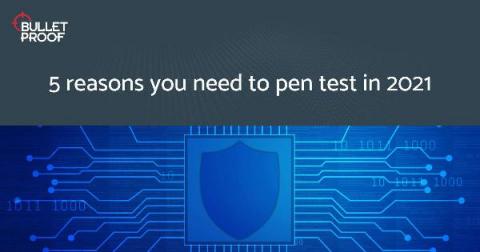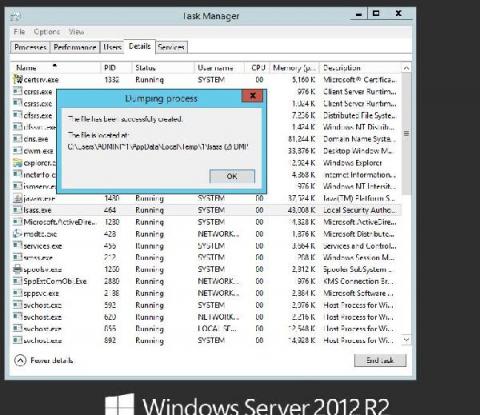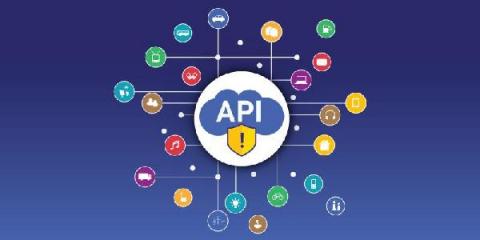5 reasons you need to pen test in 2021
Now that 2021 is proving to not be the fresh start many hoped for, it’s time to re-examine the security lessons learnt in 2020. As the transformational business challenges of the last 12 months demonstrated, security should always be high on the agenda no matter what your organisation size. After all, as we revealed in our 2021 annual cyber security industry report, hackers don’t care what size or type of business you are – only if you’re an easy target.











